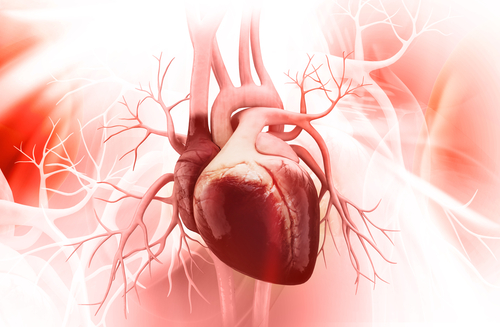WORDS LIM TECK CHOON
 FEATURED EXPERT FEATURED EXPERTDR PATRICK TIAU WEI JYUNG Consultant Cardiologist Sunway Medical Centre |
Dr Patrick Tiau reveals that silent heart attacks, also known as silent myocardial infarction, account for 45% of heart attacks.
These heart attacks are “silent” because they occur without the usual, recognizable symptoms of a heart attack.
COMMON SYMPTOMS OF HEART ATTACK |
|
| HOWEVER, THESE SYMPTOMS ARE USUALLY NOT PRESENT WHEN ONE HAS A SILENT HEART ATTACK! Because of this, many people may not know that they have experienced one until days or even weeks after. |
However, Dr Patrick shares that there are some early warning signs to look out for.
SIGNS THAT YOU MAY HAVE HAD A SILENT HEART ATTACKIt’s good to consult a doctor when you have concerns, especially if you experience these signs and fall under the high-risk below (see below). |
|
Dr Patrick says, “We have come across many patients who have dismissed the early warning symptoms as simply feeling tired, indigestion, nausea or sweating. By the time they seek out medical treatment for these symptoms, they are shocked to learn that what they are experiencing is actually due to a reduced blood flow to their heart, and that has caused them to have a silent heart attack.”
Silent heart attacks can lead to more serious health complications if left untreated over an extended period of time, such as an increased risk of another, potentially more deadly heart attack.
COMMON RISKS OF SILENT HEART ATTACKS |
RISKS THAT CANNOT BE AVOIDED
RISKS THAT CAN BE MODIFIED
|
“Undeniably our heart health is essential to allowing us to have a well-balanced and fulfilling life,” he says. “The heart itself is the first and last sign of life that is responsible for, quite literally, keeping us going. In combatting heart attacks, the most important thing to remember is that prevention is definitely better than cure.”
DR PATRICK’S TIPS TO REDUCE YOUR RISK OF SILENT HEART ATTACKS
Make the necessary small changes to daily lifestyle to reduce one’s risk factors. These changes include:
- Regularly monitor blood pressure and cholesterol
- Get sufficient exercise
- Quit smoking
- Eat a balanced diet of fruit, vegetables, lean meats and whole grains
- Ensure that one’s blood pressure, cholesterol and blood sugar are well-controlled
- Inform a doctor as soon as possible about any unusual symptoms that may indicate a silent heart attack
Once you go home from the hospital, it is essential that you keep taking your medications as prescribed. “This will ensure your heart health is kept in check, possibly for the rest of your life,” says Dr Patrick.
Consider joining a support group. Dr Patrick acknowledges that heart attack survivors may start to develop feelings of shock, sadness, and anxiety. This is normal, and these feelings can be managed with the right support.
“Some people find it helpful to join a support group where they can talk with others that have gone through a similar experience or seek out companionship and encouragement through avenues such as the gym, or yoga classes,” he advises.

